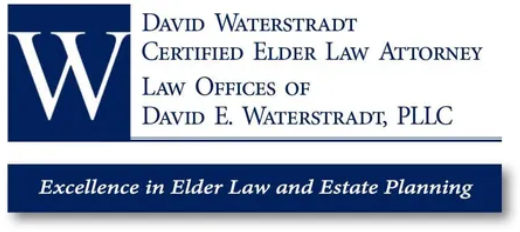950 W Norton Ave Ste 405 Muskegon, MI 49441

2017 Trust Decanting in Michigan
December 2017 Newsletter Article
Trust Decanting in Michigan
An Irrevocable Trust is a trust that may not be altered after it has been established. However, sometimes situations arise in which it does make sense to make changes to an Irrevocable Trust; for example, changes in the law may make the trust unable to serve its intended purpose or changes in a client’s circumstances that make the trust’s provisions no longer appropriate. Generally, there are two options to achieve this. The first is taking the matter to the court and asking a judge to terminate or modify the trust through a court order. This can be done if all interested parties consent, or at least do not object, to the requested changes. However, this typically requires a court hearing and is often an expensive and time-consuming option. The other option is a process known as trust decanting. If an irrevocable trust grants the trustee broad discretion to make distributions it may be possible for that trustee to distribute the trust assets to a new trust that has the desired changes. Michigan adopted a law allowing trust decanting in 2012. The terms of the new trust must fall within certain parameters defined by the law. Depending on the changes that are needed, this may be the more attractive option for people living in Michigan who wish to make changes to an Irrevocable Trust. If you would like more information on the requirements to change or terminate an Irrevocable Trust, please contact us.
Gifting to Minors With UTMA Accounts
Thinking about making a gift to a minor this holiday season? Luckily for you, there is an easy way to do it using UTMA accounts. UTMA stands for the Uniform Transfers to Minors Act, and has been adopted by every state except for South Carolina. Although the law’s name contains the word “minor,” it actually covers gifts made to children and young adults up to the age of 21.
When you put money into an UTMA account, you give up all rights to the money. But the minor does not have authority over the money, yet. Therefore, you must name a custodian to handle the gift. This person’s responsibilities are pretty much the same as a Trustee. The money must be used for the benefit of the minor, not the custodian. When the minor turns 21, the account must be turned over to them. The custodian does not get to decide that the (former) minor is unable to handle the money at that point.
Although these accounts are not considered income for tax purposes to the recipient, any income earned by the account will be taxable. The minor will be the one who has to pay the income tax, but because of the "kiddie tax," the tax rate will probably be the same as that of the child's parents. If the amount of the gift is $14,000 or less, gift taxes will not apply. However, if the gift is larger than $14,000, then you will be required to file a gift tax return.
A few caveats with these accounts: they are figured into the minor’s available assets when applying for college financial aid. If you’re looking to avoid this issue, a separate trust may be a better vehicle for your gifting. If the minor is or becomes disabled, the UTMA account may interfere with their eligibility for public benefits. Finally, if the minor were to die before age 21, the gift would be paid out to his or her heirs, which would be his or her parents in most situations. Please contact us if you would like advice on the best options for your gifting.








Navigation
Contact Info
Tel:
231-773-1169
Fax: 231-773-1179
950 W Norton Ave Ste 405 Muskegon, MI 49441
- Mon - Fri
- -
- Saturday
- Appointment Only
- Sunday
- Closed
Get In Touch
Contact Us
We will get back to you as soon as possible.
Please try again later.



